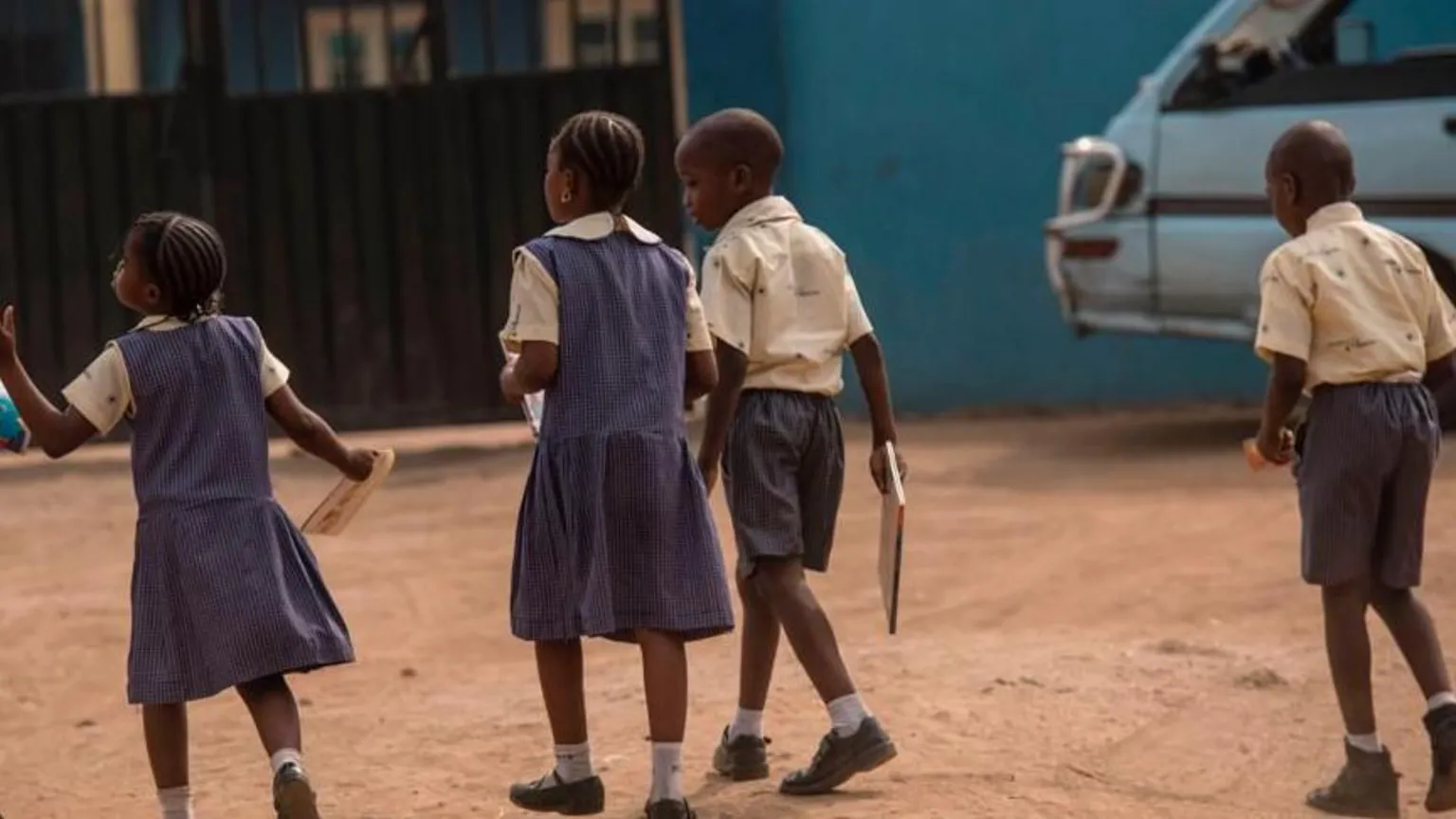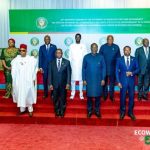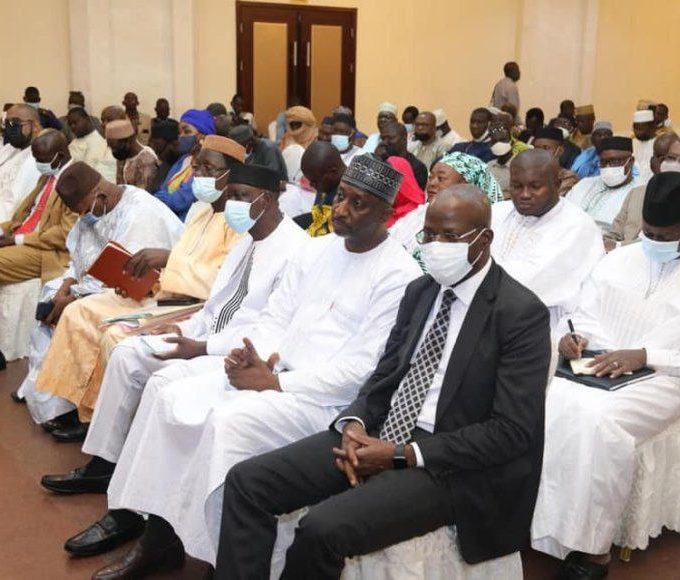
Nigeria Ends Mother-Tongue Instruction, Adopts English-Only Policy in Schools

The Federal Government has formally scrapped the mother-tongue-based teaching policy introduced in 2022, reinstating English as the sole medium of instruction across all levels of education in Nigeria. The Minister of Education, Dr Tunji Alausa, announced the decision in Abuja during the 2025 Language in Education International Conference.
Alausa said years of data reviewed by the ministry showed that regions where pupils were taught mainly in their indigenous languages recorded some of the poorest performances in national examinations such as WAEC, NECO, and JAMB. He described the policy as ” literally destroying education” in certain areas over the past decade and a half, arguing that uniformity in language instruction was now necessary to rebuild foundational learning.
Under the new directive, English becomes the official teaching language from pre-primary through tertiary education. The minister said the government had already begun a nationwide teacher-training programme to strengthen literacy and numeracy skills to support the transition, especially at the early-learning stage, where the language shift is expected to be felt most strongly.
READ MORE: UTME 2025: JAMB Admits Errors, After Public Outcry Over Mass Failure, Technical Issues
The reversal has triggered debate among educators and linguists. Supporters of the policy change believe it may improve performance in national assessments by ensuring that pupils are immersed in the language used for exams and higher-level instruction. But critics warn that removing indigenous languages from classrooms risks eroding cultural identity and further marginalising rural pupils, many of whom begin school with little exposure to English. Some educators argue that the shift could widen inequalities between urban and rural learners if not carefully implemented.
There are also concerns about coherence with Nigeria’s existing National Policy on Education, which has long promoted the use of mother tongue or the language of the immediate environment in early childhood learning. Advocacy groups say abandoning that framework may weaken efforts to preserve local languages and reduce community connection to formal schooling. The government, however, insists that the priority is restoring learning outcomes and ensuring pupils are equipped for national and global competitiveness.
As the directive takes effect, the coming years will test whether the shift to English-only instruction addresses the learning crisis or deepens gaps between different segments of Nigeria’s diverse student population.
READ MORE: World’s Largest Mining Project Begins Production in Guinea
About The Author
Related Articles
Burkina Faso: President Traoré Grants Sentence Reductions to 963 Prisoners
Burkina Faso’s President, Captain Ibrahim Traoré, has approved sentence reductions for 963...
ByIkenna ChurchillJanuary 15, 2026Mali: Goïta Announces National Consultations on Political Party Reform in 2026
Mali’s transitional president, General Assimi Goïta, has announced plans to launch national...
ByWest Africa WeeklyJanuary 15, 2026Mali: Fresh Terrorist Attack Hits Industrial Sites in Bafoulabé
A new armed attack struck the Bafoulabé district in Mali’s Kayes region...
ByWest Africa WeeklyJanuary 15, 2026Niger Revokes Licences of Drivers Who Refused to Deliver Fuel to Mali Amid Jihadist Attacks
Niger has revoked the licences of dozens of transport operators and drivers...
ByWest Africa WeeklyJanuary 15, 2026












Leave a comment